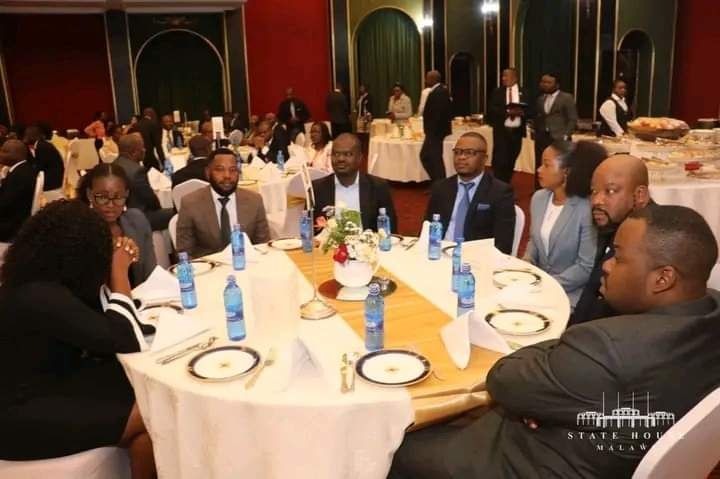By Twink Jones Gadama
The commemoration of World Press Freedom Day on the 3rd of May presents a pivotal juncture to reflect on the status of media liberty and the safeguarding of journalists worldwide. Enshrined by the United Nations General Assembly in 1993, this moment serves as a poignant reminder of the indispensable role of an unfettered and autonomous press in fostering democracy and upholding accountability.
In Malawi, press freedom stands as a cornerstone of a robust democracy; however, journalists often encounter impediments and menaces in the execution of their duties. The treatment of journalists by the government has raised red flags, with instances of harassment, intimidation, and censorship surfacing. In a nation rife with corruption and political tensions, the media’s role in keeping those in power in check assumes paramount importance.

An area where Malawi urgently needs to channel its efforts towards enhancing press freedom is through revamping the legal framework governing the media. The archaic and restrictive laws that currently prevail stymie journalists’ capacity to report freely and without trepidation. Cases of journalists being apprehended or confined for merely carrying out their journalistic duties flagrantly violate their rights and the tenets of press freedom.
Furthermore, the issue of media ownership and monopolization is a glaring concern in Malawi. A handful of influential individuals or entities monopolize the media sphere, giving rise to potential biases and constraints in reporting. The dearth of diversity and plurality in media ownership impedes public access to a myriad of perspectives and information.
Press freedom in Malawi assumes critical significance on a multitude of grounds. Firstly, it assumes a pivotal role in keeping the government and other institutions accountable for their actions. A liberated and untrammeled press acts as a sentinel, unearthing corruption, laying bare abuses of power, and promoting transparency in governance.
Moreover, a vibrant media ecosystem is indispensable for nurturing public discourse and deliberation on pivotal issues impacting society. It empowers citizens to stay well-informed and engaged in the democratic process, enabling them to make well-informed decisions and participate actively in their communities.
In summation, World Press Freedom Day encapsulates the vital role that the media plays in upholding democracy and human rights. In Malawi, the dire need for reforms to safeguard and champion press freedom is imminent. The government must take decisive actions to shield journalists from persecution and guarantee their ability to function sans fear of retaliation. B
y addressing legal impediments, championing media diversity, and buttressing a free and autonomous press, Malawi can take monumental strides towards a more inclusive and democratic society.
Press freedom is not a mere privilege but a fundamental tenet of democracy that must be revered and safeguarded for the welfare of all citizens.


